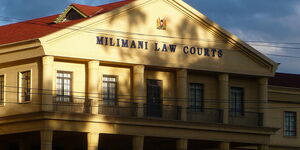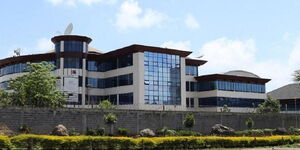An increase in entrance fees at the popular Nairobi Arboretum has put the Kenya Forest Service (KFS) on the spot over the purported discreet manner the hike in fees was done.
A notice that surfaced online from KFS revealed the revised rates that were to take effect from Monday, May 26, indicating a rise in prices as compared to those on their website.
A quick check at the Arboretum’s website and social media platforms of KFS revealed no official communication from the government body, raising questions on the motive behind the alleged fee hike.
In the new prices, adults from Kenya and other East African countries were to pay an entry fee of Ksh242. This is compared to the current price of Ksh100 charged.
Further, foreigners who reside in Kenya were to pay Ksh479 in the new rates, marking a rise from the current Ksh200. Adult non-residents have been slapped with an entrance fee of Ksh716, up from Ksh600.
For children aged from three to 13 years from Kenya and EAC countries, the rates have been set at Ksh63. This was up from Ksh50, the current fee.
Children who are residents will pay Ksh121, up from the current Ksh100. However, non-resident children are set to pay a lower fee in the new rates, with the price being set at Ksh179. This is down from the current Ksh300.
Kenyans took to social media to express their dissatisfaction with the new prices, arguing that the rates would significantly impact the frequency of visits to the vastly popular Arboretum.
The Nairobi Arboretum, situated approximately 3 kilometres from Nairobi's city centre along State House Road, is a 30-hectare forest reserve that serves as a vital green space within the urban landscape.
It was established by in 1907 by Mr. Batiscombe, a forest officer with the British East Africa Protectorate and was initially created to trial exotic tree species for timber and fuel purposes, particularly to support the Kenya-Uganda railway's demand for wood fuel.
Currently a national reserve, is home to over 350 species of indigenous and exotic plants, as well as a variety of wildlife, including Sykes and vervet monkeys and more than 100 bird species.
It hosts hundreds of guests everyday with visitors often engaging in nature walks, picnics, bird watching, running, corporate events, and butterfly watching.
The latest comes amidst heightened scrutiny over the operations of national parks and green spaces in the country, specifically in Nairobi. Most observers have expressed their worries over the alleged privatisation of such public spaces, citing concern over the shady nature of the deals involved.












